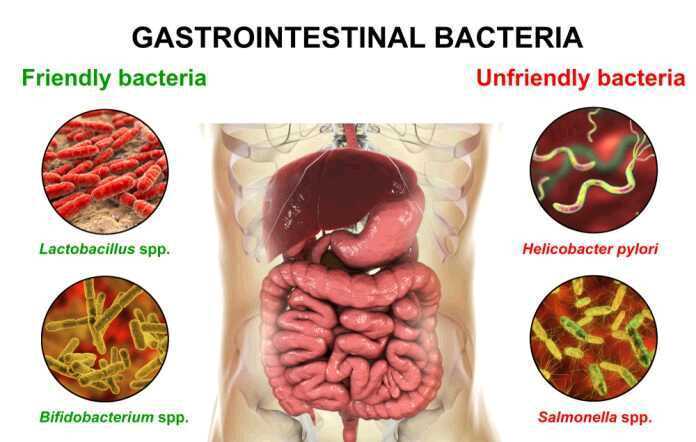
Scientists have been busy studying how the 100 trillion bacteria in the digestive system, known as gut microbiota, impacts health and the immune system. These trillions of bacteria represent about 5,000 distinct strains and a thousand different species.
Before you start worrying about all these bacteria in your stomach, realized there are both good and bad types of the microbes. Each person’s combination of gut bacteria, referred to as the microbial mix, is unique and constantly changing. Gut bacteria is impacted by age, genes, medications, and diet.
It’s no surprise the foods we eat plays a significant role in our gut health. After all, that’s where the food ends up after we eat it. By eating foods that help boost our good bacteria, our body can metabolize nutrients, increase immune function, and improve our overall health.
Here are some common foods to increase your good gut bacteria:
Bananas
Parents of a child with an upset stomach probably heard about the BRAT diet (bananas, rice, applesauce, toast). Bananas are known for easing constipation and diarrhea. In addition, bananas are full of prebiotics feeding the good gut bacteria and improving the balance of gut flora in the digestive tract. For starters, add one or two bananas to your daily diet.
Beans
Like bananas, all kinds of beans feed the good gut bacteria, which helps boost the immune system. Beans help release short-chain fatty acids (SFCA) helping to strengthen intestinal cells and absorb micronutrients like vitamins and minerals. In addition, beans are a great source of protein, fiber, and B vitamins which contributes to digestion and overall health. Consider adding beans in your favorite soups, casseroles, and as a meat substitute.
Fermented Plant-Based Foods
Foods like sauerkraut, miso, pickles, and tempeh contain live bacteria known as probiotics. These good forms of bacteria crowd out the bad ones helping treat diarrhea, improve the health of intestinal cells, and possibly reduce the risk of colon cancer. Probiotics could also be found in some types of yogurt, kefir, and as supplements. Fermented plant-based foods may be an acquired taste for some. Find the ones you enjoy and add them to your meals.
By reducing fatty, processed foods and adopting a healthier diet composed of the foods mentioned above as well as whole fruits and vegetables, complex carbohydrates, and foods rich in fiber, you’ll allow the good gut bacteria to thrive increasing your overall digestive health.






























